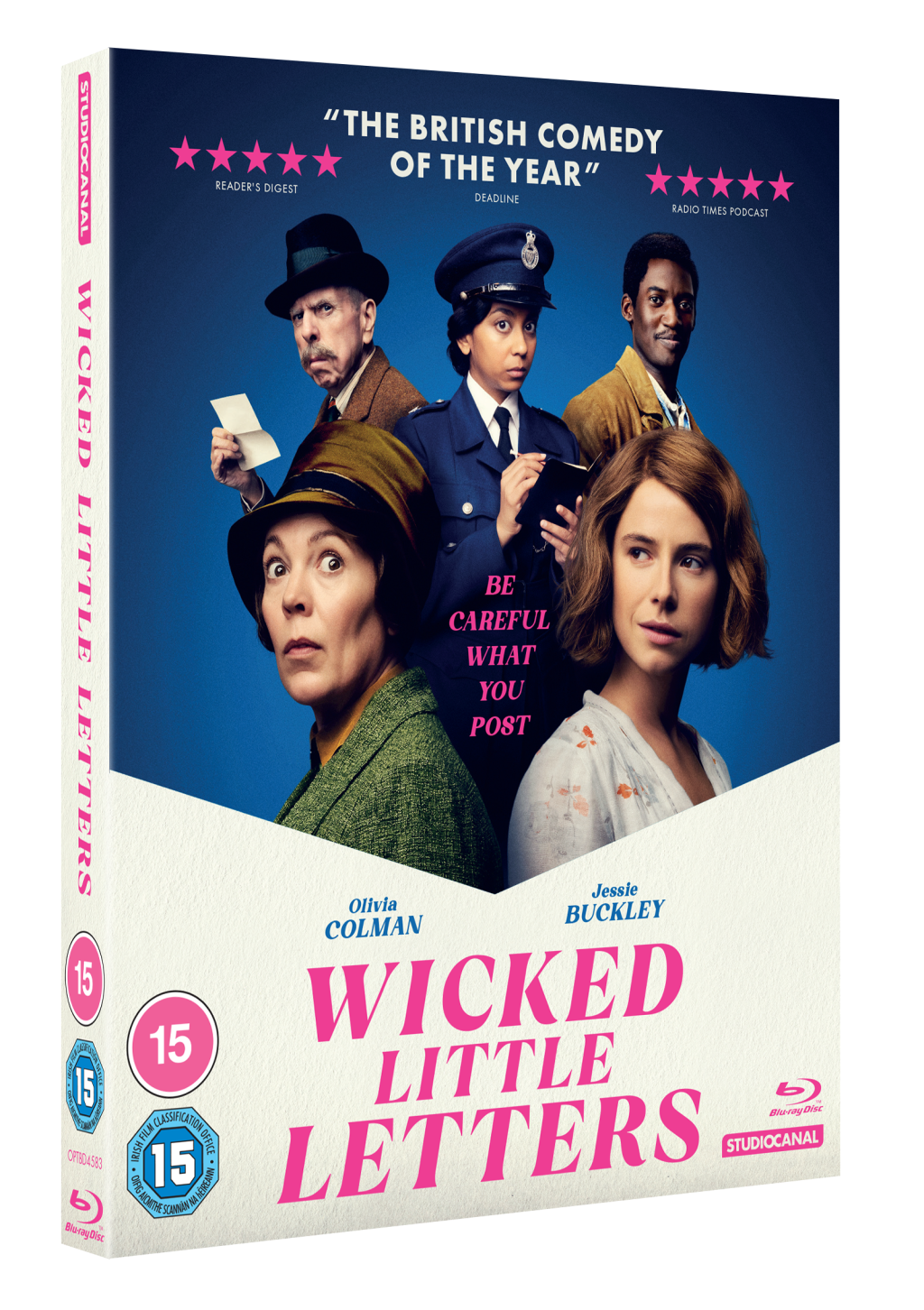One of the most influential films of the silent age, Georg Wilhelm Pabst‘s Pandora’s Box is a brilliant example of early German cinema and a stunningly cinematic adaptation of The Lulu Cycle by Frank Wedekind. Starring the iconic Louise Brooks as the carefree Lulu, it’s one of the finest films ever made, lovingly restored for Eureka’s Masters Of Cinema collection.
Lulu is a freewheeling, hedonistic young woman who, when we meet her, is enjoying a life of wealth, if not freedom, as the mistress of a wealthy newspaper publisher, Dr Schön (Fritz Cortner). Her pleasure-seeking lifestyle comes to an abrupt end though, when he ends their disreputable affair in order to pursue a more respectable prospect for marriage. This sets off a chain reaction that spells disaster for Lulu, and all of those in her immediate circle.
As Pamela Hutchinson says on her brilliant commentary, Pabst highlights the commodification and exploitation of sexuality in society, depicting all of Lulu’s relationships as transactional in one way or another. The way she is constantly objectified and treated as a prize to be won, is something that has not lost any of its relevance in the intervening years. In fact there are parallels to be drawn between the transactional relationships depicted in this film and the modern phenomena of influencers and the emergence of OnlyFans.

Occupying that awkward period between silent films and talkies, David Thomson called Pandora’s Box “the first modern movie” and it’s an apt description. While films like The Cabinet Of Dr Caligari and Nosferatu are brilliantly stylish, they feel very much of their time. The look, the characterisation and the ubiquitous themes that Pabst tackle give Pandora’s Box a contemporary feel that is worlds away from the artifice of German Expressionism.
There’s a bleakness and cynicism to the film that feels distinctly modern, subverting the narrative of typical Hollywood films of the time. Pabst’s inventive direction combines stylish imagery with camerawork that was incredibly ambitious for its time, both in terms of movement and mise-en-scene. The lighting is also spectacular – the scenes of Lulu backstage, and the fog of the London setting are wonderfully evocative, (and more than a little reminiscent of Alfred Hitchcock’s The Lodger) and the moment where Lulu actually has stars in her eyes is particularly memorable.
There’s a surprising clarity to almost every scene — the movement and intent of the characters is apparent with or without subtitles, even in the more chaotic moments. On top of this, Pabst deploys subtle foreshadowing and symbolism in the depiction of sex and violence in a way that would be a mainstay of film noir in the next few years.

Likewise, Lulu has been cited as a forerunner of what would go on to be known as a femme fatale, but this is a bit of a misnomer. It might apply to the character of the play, but the way Brooks plays her is anything but calculating. Her Lulu is simultaneously effervescent and poignant, sultry and childlike, alluring and innocent. As Brooks put it herself: “Lulu isn’t a destroyer of men, she’s just the same kind of nitwit as I am.” Brooks gives an incredible layered performance, making Lulu neither a saint nor a femme fatale. She is a carefree young woman, who acts purely on impulse.
Louise Brooks is of course the big draw of the film, and it’s easy to see why. Her haircut proved a symbol of the era – so much so that when she changes her hair to conceal her identity, she is almost unrecognisable. She is a vibrant, energetic presence, and feels contemporary in a way that silent film performances rarely do. Her incredibly expressive, animated face and physicality aren’t exactly subtle but stand out from the sometimes more starchy performances of the rest of the cast.
This clash of performance styles actually benefits the film though, and lends the the scenes between Lulu and Dr Schön a supremely tense dynamic. Schön finances her lifestyle, in one way setting her up in a luxury apartment, but in another more sinister way, keeping her in a cage. Controlling her and denying her an independence of her own, while still wishing to cast her aside. In Brooks’ hands, Lulu is a tragic figure, but still afforded a great deal of agency, refusing to passively follow the orders of the male characters who try to control her. Pabst pointedly highlights the double standards of the society of the time, where the men can treat women appallingly, and women have no agency. It’s worth noting that it’s not Schön who is condemned for cheating on his erstwhile fiancee, but Lulu for her flagrant sexuality.

The supporting cast is full of vivid portrayals, from Francis Lederer as the increasingly angst-ridden Alwa, to the gleeful performance of Carl Goetz as the deviously selfish Schigolch. Most impressive is Alice Roberts as Countess Augusta Geschwitz, one of the first, perhaps the very first depiction of a lesbian character on film. Roberts still manages to make the character more than a caricature though, and by the end of the film she emerges as perhaps the only character who genuinely cares for Lulu, and doesn’t attempt to manipulate her for her own ends.
Potentially the greatest silent film ever made, Pandora’s Box is a beautifully forward-thinking, thematically rich film. Through Pabst’s fluid direction and Brooks’ refreshingly modern performance, the film remains as vibrant and beguiling as ever. A witty, bleak precursor to the film noir genre, this is a must-see.
Special Features
The commentary from Pamela Hutchinson is really great, an incisive, engaging informative look at the film that draws attention to the subtler elements. Other special features include video essays from Fiona Watson, David Cairns and Kat Ellinger, plus a booklet featuring new writing on the film by critics Alexandra Heller Nicholas, Imogen Sara Smith, and Richard Combs.

Pandora’s Box is out now from Eureka as part of the Masters Of Cinema series
Order here: https://amzn/B0CC9NG1R8







![The Cat And The Canary Blu-ray review: Dir. Paul Leni [Masters Of Cinema]](https://criticalpopcorn.files.wordpress.com/2024/04/image-5.png?w=1024)

![Crimson Peak Limited Edition 4K UHD review: Dir. Guillermo del Toro [Arrow Video]](https://criticalpopcorn.files.wordpress.com/2024/04/crimson-peak-4k-arrow-video-highdef-digest-full.jpg?w=1024)



Post your thoughts